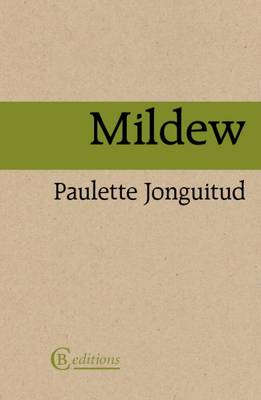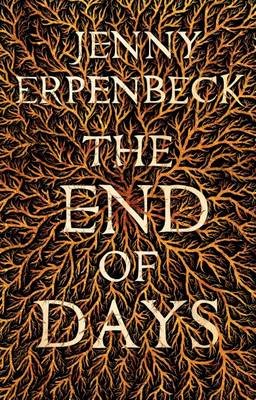 Increasingly, I find that the novels I respond to most strongly are those that create their own seamless reality. I’m not talking here about the meticulous re-creation of a historical period, nor the ‘world-building’ of genre fantasy and science fiction, but something that seems to me more fundamental. I mean those times when the language of fiction unites with its subject: then, there’s nothing between me and the work – and I don’t know how far it might reach.
Increasingly, I find that the novels I respond to most strongly are those that create their own seamless reality. I’m not talking here about the meticulous re-creation of a historical period, nor the ‘world-building’ of genre fantasy and science fiction, but something that seems to me more fundamental. I mean those times when the language of fiction unites with its subject: then, there’s nothing between me and the work – and I don’t know how far it might reach.
Here, for example, is Mildew, a short novel by the Mexican writer Paulette Jonguitud (translated by the author from her Spanish original, and now published by the ever-excellent CB Editions). It’s a novel that creeps through you, rather like the mildew which begins growing on its narrator Constanza’s body the day before her daughter’s wedding. I didn’t realise until I started thinking back on the novel just how much it had infected my thoughts. Similarly, when Constanza sees the first spot of mildew, it seems a relatively minor inconvenience:
I don’t like surprises and since the last one had been an affair between my husband and my niece, I was not feeling in the mood for another one (pp. 4-5).
Immediately this remark implies an equivalence between the physical changes that Constanza is experiencing and the events of her life. There’s still more conflation when she describes coming across her husband and niece (also named Constanza):
It was after ten that night. I walked in silence through the dining room. I assumed everyone was upstairs. And then I found Felipe and Constanza sitting at the table, their heads close together as though they were sharing a secret, a bottle of wine between them. I did not need to see much more. Those few seconds were enough for me to know that I didn’t belong there. The furniture seemed to know I was there and feel ashamed, I heard the table creak and saw the chairs wanting to tip over to one side. The edge of the wine glasses, my glasses, seemed to shrink when touched by those lips (p. 12).
This paragraph brings in memory, the physical space of Constanza’s house, and (perhaps faulty, but who’s to say?) perception. Mildew’s narrator ranges far and wide through past and present, all without leaving the house – but there’s something claustrophobic about the experience of reading all this range. Maybe it’s the knowledge of how precarious it all is: Constanza makes no secret of how fallible her memory can be; there’s plenty that she doesn’t know, for example about her niece as a person; then there are her visions, such as the mirrors that reflect old memories and occasionally talk back.
There’s no room here for the safely real to end and the imaginary to begin; this is what we feel too as we read Mildew, and start to wonder what sort of grip Constanza has on her own space, her own story. And we might wonder that with dread, because we sense that, when Constanza’s grip loosens, ours can only do likewise.







Recent Comments